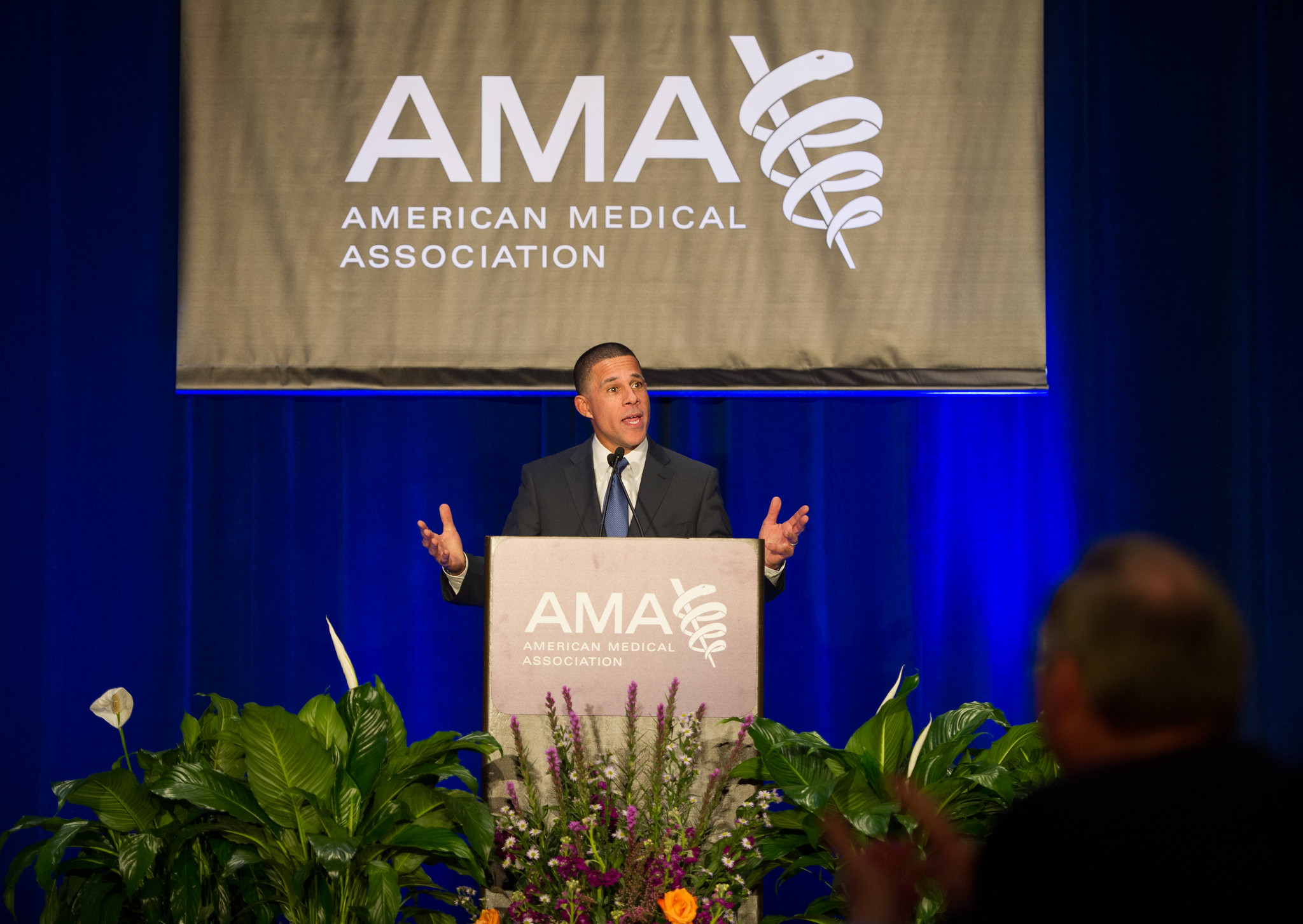Wait Times for Specialists, Surgery in Canada’s Government Run Healthcare System the Highest in Nearly 30 Years
Canadians are now waiting longer than ever before if they need to see a specialist, obtain diagnostic procedures, or undergo surgery, according to a new survey.
This year, an estimated 1,228,047 Canadians are waiting for procedures in 10 provinces. This is roughly 3.2 percent of the country’s population, assuming each person is only waiting for one medical treatment.
The Fraser Institute says that in the nearly 30 years it has been documenting how long it takes for patients to receive necessary medical treatment, this year’s wait time of 27.4 weeks is the longest.
‘Serious Consequences’
The think tank’s 2022 report found that the wait time this year is 195 percent longer than the median waiting time of 9.3 weeks in 1993, longer than the wait time of 25.6 weeks in 2021, and longer than the wait time of 20.9 weeks in 2019, the year before COVID.
“Waiting for treatment has become a defining characteristic of Canadian health care,” said the report, “Waiting Your Turn: Wait Times for Health Care in Canada, 2022.”
“Wait times can, and do, have serious consequences such as increased pain, suffering, and mental anguish. In certain instances, they can also result in poorer medical outcomes— transforming potentially reversible illnesses or injuries into chronic, irreversible conditions, or even permanent disabilities,” write authors Mackenzie Moir and Bacchus Barua.
“In many instances, patients may also have to forgo their wages while they wait for treatment, resulting in an economic cost to the individuals themselves and the economy in general.”
Those who need a computed tomography (CT scan) can expect to wait 5.4 weeks this year. The wait for magnetic resonance imaging (MRI) is almost double, at 10.6 weeks, while the wait for an ultrasound is 4.9 weeks.
The report collected data from Jan. 10 to Sept. 15—a longer period of time than preceding years—and surveyed specialist physicians across 10 provinces, from 12 specialties, to find the median waiting time between referral from a family doctor or general practitioner and specialists’ appointments, or diagnostic/surgical treatment.
The researchers received fewer responses than in previous years.
Across the country, wait times vary substantially by province. At 20.3 weeks, Ontario has the shortest wait time reported, while Prince Edward Island has the longest, at 64.7 weeks.
The wait time to see a specialist has increased in seven provinces since 2021, but Alberta, Saskatchewan, and Quebec patients waited less time this year than last.
The type of care patients need also determines wait times. Patients undergoing radiation treatments wait 3.9 weeks, while those who need a neurosurgical procedure wait the longest, more than a year, at 58.9 weeks.
For those who need elective cardiovascular surgery, the wait time is 16.4 weeks, while plastic surgery patients wait 58.1 weeks, and orthopedic surgery patients wait 48.4 weeks.
Regarding the length of time it took to see a specialist after receiving a referral from a GP, the wait this year was 12.6 weeks, 242 percent longer than in 1993, when it was just 3.7 weeks. The shortest wait to see a specialist was in Ontario at 10.1 weeks, while the longest was in Prince Edward Island at 41.7 weeks.
Longer Than Clinically ‘Reasonable’
The wait isn’t over there, though. The report also documents the wait time from when the patient consults with the specialist, to when treatment is received. The waiting time in this segment was 14.8 weeks this year, 164 percent longer than in 1993 when it was 5.6 weeks.
This wait time is also longer than the 8.1 weeks that physicians consider to be clinically “reasonable.”
Specialists were surveyed as to what they regard to be clinically “reasonable” waiting times, from consultation with the specialist to actual treatment. Of 109 categories considered, actual waiting time exceeds the “reasonable” wait time 83 percent of the time.
For plastic surgery patients, the actual waiting time is 20.7 weeks longer than what is considered to be “reasonable” by specialists.
The shortest time between specialist and treatment was in Ontario at 10.2 weeks, while the longest was in Manitoba at 25.4 weeks.
Physicians reported that there are only roughly 11 percent of patients who are on a waiting list by choice, because they needed to postpone or delay treatment.
" Conservative News Daily does not always share or support the views and opinions expressed here; they are just those of the writer."







Now loading...